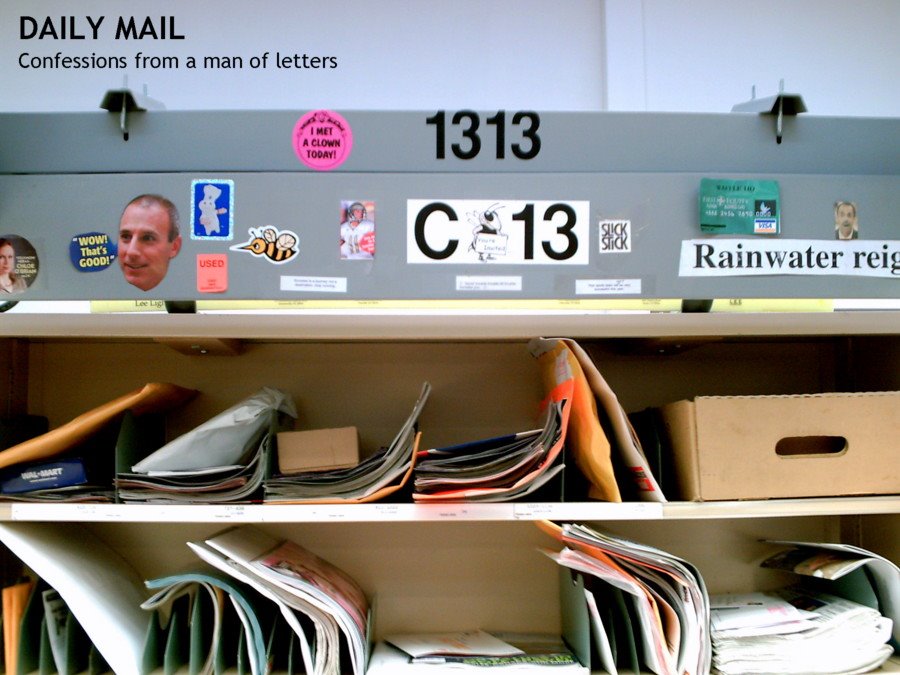Three Cheers for Dehydration!
Hip! Hip! Hooray!
Hip! Hip! Hooray!
Hip! Hip! Hooray!
Didn't that feel good? But it probably didn't feel nearly as good as it does to die from dehydration. Don't you remember all the wonderful things said about dying from dehydration in the Terri Schiavo case? Bliss, I tell you. Well, that was not the first time I had heard that nonsense; I had been told several years ago (by my Uncle, no less) that dehydration would be a great way for my Grandmother to die. I'm sure he received that as simple medical advice, but it actually is part of a radical agenda in medicine and the courts. (Shall I mention here that the doctor's wife ran the hospice next door to the hospital?) In the end, we did not remove her "artificial nutrition and hydration" (ANH); sadly, she died in the hospital not long after anyway.
There is another ongoing case in which ANH was (and perhaps still is) an issue. It involves a girl named Haleigh Poutre and demonstrates again the eagerness of the medical and judicial communities to pull out those tubes. I will let Wesley Smith tell the story . . .In the court (and courts) of life and death, a little 11-year-old Massachusetts girl named Haleigh Poutre could be the next Terri Schiavo. For those who have not heard the tragic story, Haleigh was beaten nearly to death last September, allegedly by her adoptive mother and stepfather. The beating left her unconscious and barely clinging to life.
Within a week or so of the beating, her doctors had written her off. They apparently told Haleigh's court-appointed guardian, Harry Spence, that she was "virtually brain dead." Even though he had never visited her, Spence quickly went to court seeking permission to remove her respirator and feeding tube. The court agreed, a decision affirmed recently by the supreme court of Massachusetts.
And so, no doubt with the best of intentions, a little girl who had already suffered so much was stripped by the Commonwealth of Massachusetts of even the chance to fight to stay alive. If she didn't stop breathing when the respirator was removed, which doctors expected, she would slowly dehydrate to death.
Then came the unexpected: Before "pulling the plug" on Haleigh, Spence finally decided to visit her. He was stunned. Rather than finding a little girl with "not a chance" of recovery, as doctors had described Haleigh's condition to him (as reported by the Boston Globe), Haleigh was conscious. She was able to give Spence a yellow block when asked to by a social worker and respond to other simple requests.
Laudably, Spence immediately called off the dehydration. Haleigh is now off her respirator and breathing on her own. She has been transferred out of the hospital and is currently being treated in a rehabilitation center.
Lest anyone think that Haleigh's apparent consciousness protects her from suffering the fate of Terri Schiavo, who was ordered dehydrated by a Florida court based, in part, on a finding that she was unconscious, think again. In most states, exhibiting consciousness is not a defense against dehydration for profoundly impaired patients. Indeed, cognitively disabled people who are conscious are commonly dehydrated throughout the country. So long as no family member objects, the practice is deemed medically routine.
How can this be? The simple answer is that tube-supplied food and water — often called "artificial nutrition and hydration" (ANH) — has been defined in law and in medical ethics as an ordinary medical treatment. This means that it can be refused or withdrawn just like, say, antibiotics, kidney dialysis, chemotherapy, surgery, blood pressure medicine, or any other form of medical care. Indeed, removing ANH has come to be seen widely in medicine and bioethics as an "ethical" way to end the lives of cognitively disabled "biologically tenacious" patients (as one prominent bioethicist once described disabled people like Terri Schiavo and Haleigh Poutre), without resorting to active euthanasia.
It wasn't always so . . . (Read the remainder of the article here.)





No comments:
Post a Comment